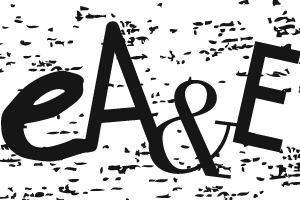Building a Science of Education – A Workshop with Capital Region Teachers
One hundred years ago John Dewey posed the question — “Can there be a science of education?” What Dewey was looking for was a way to base educational decisions and practice not on conventions, not on rote rules, but on facts concerning the realities of what happens in actual teaching and learning situations. His goal was to liberate educational institutions from drudgery and habit. Now, a century later, applying our groundbreaking discovery of how to assess the reliability of educational measures, and using the idea of a community of science as a basis for providing professional development, we can claim that what we are practicing is indeed educational science.
Master Teacher Jason Brechko (Glens Falls School District) and ACASE founder Paul Zachos are building capacity in teachers to do just that in their workshop Applying Educational Science to NGSS Assessment and Evaluation.
Over the course of 5 virtual sessions, a group of 11 Master Teachers from Capital Region schools in New York State came together to examine and enhance their classroom assessment and evaluation practices in the context of the Next Generation Science Standards (NGSS) and their New York State equivalents. Participants became as deeply immersed in the principles and practices of educational assessment and evaluation as is possible given the short time frame of the workshop. They experienced a state-of-the-art distinction between assessment and grading as part of the evaluation of their own participation. They watched the workshop leaders building, testing, and refining their own learning goals as the workshop proceeded. They experienced work with educational information from points of view of students, the teachers, and educational scientists. They learned about the dangers of inappropriate aggregation of educational information and built educational facts through treating the outcomes of discrete learning goals as dependent variable data.
Those who completed the 5 days return to their classrooms with a toolset for sound, practical educational decision making. They have prepared and tested practical learning goals and rubrics that they can use with their own students and share with colleagues that address the 3 dimensions of the NGSS.
Read more about our take on Educational Science here.
Curious about this or future workshop opportunities? Reach out to Paul paz@acase.org or Jason jason@acase.org.

